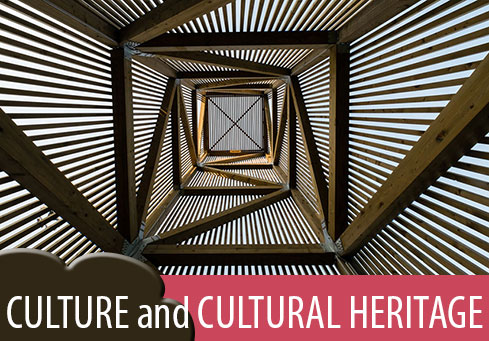Cultural heritage: past activities
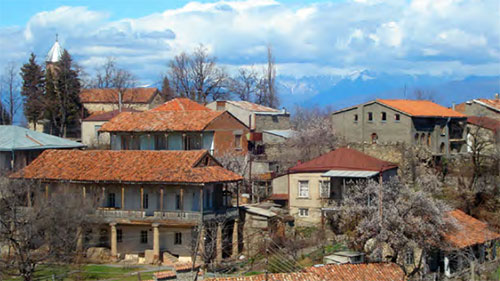
Kyiv Initiative Regional Programme (Black Sea and South Caucasus)

The Kyiv Initiative brought together five countries at the south-eastern edge of Europe - Armenia, Azerbaijan, Georgia, Republic of Moldova and Ukraine. The aim was to work with each other, in an era of post Soviet transition, to create democratic and engaged societies and rebuild trust and confidence across the region. The programme focused on five themes that both united and characterised the participating countries – heritage management, wine culture and tourism exchange, film, the shaping of cultural policy and literature.
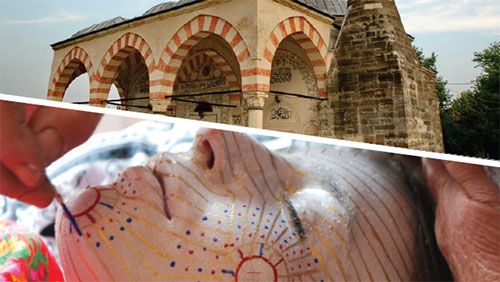
PCDK - EU-CoE support to the promotion of cultural diversity in Kosovo*

The Joint Programme “European Union/Council of Europe Support to the Promotion of Cultural Diversity in Kosovo (PCDK)” focused on four major components: capacity development, education and public awareness, local economic development and community well-being, where all the elements came together in innovative pilot actions based on common heritage.
*This designation is without prejudice to positions on status, and is in line with UNSCR 1244 and the ICJ Opinion on the Kosovo Declaration of Independence
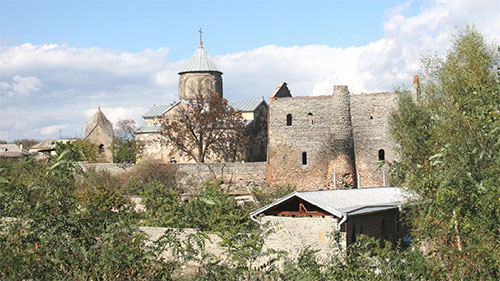
PIAG - Post-Conflict Actions for the Social and Economic Revitalisation of the Communities and the Cultural Environment in the Municipality of Gori

The "Post-Conflict Actions for the Social and Economic Revitalisation of the Communities and the Cultural Environment in the Municipality of Gori" (PIAG) was the Council of Europe’s contribution towards the response to the conflict in Georgia in August 2008, more specifically on the damage to cultural heritage, and by extension, to the built environment.
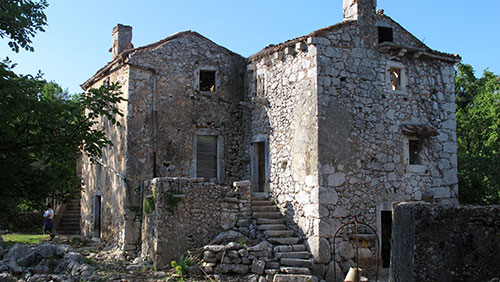
Regional Programme on Cultural and Natural Heritage in South East Europe

This Regional Programme was launched in 2003 in Albania, Bosnia and Herzegovina, Bulgaria, Croatia, Montenegro, Romania, Serbia, "the former Yugoslav Republic of Macedonia" and Kosovo*. With its three components (institutional capacity building, heritage rehabilitation and local development), it contributed to peace and reconciliation in a region undergoing complex political, legal, economic and social transition.

Technical Co-operation and Consultancy Programme

The Technical Co-operation and Consultancy Programme related to the integrated conservation of the cultural heritage was set up by the Committee of Ministers of the Council of Europe in 1977 as a direct consequence of the significant amount of public and political awareness gained during the European Architectural Heritage Year ("A Future for our Past", 1975).
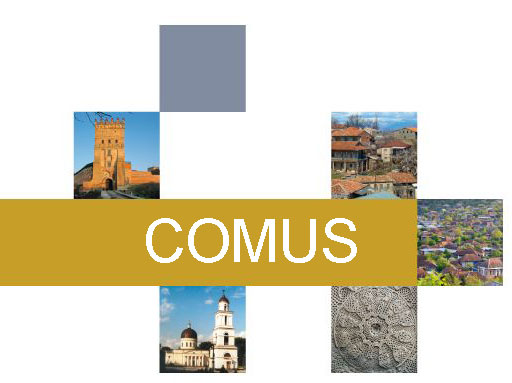
Community-Led Urban Strategies in Historic Towns

The COMUS ("Community-Led Urban Strategies in Historic Towns") project, was a joint Council of Europe/European Union initiative that was part of the second Eastern Partnership Culture Programme. It sought to stimulate social and economic development by enhancing cultural heritage in 9 historic towns in Armenia, Belarus, Georgia, the Republic of Moldova and Ukraine.



